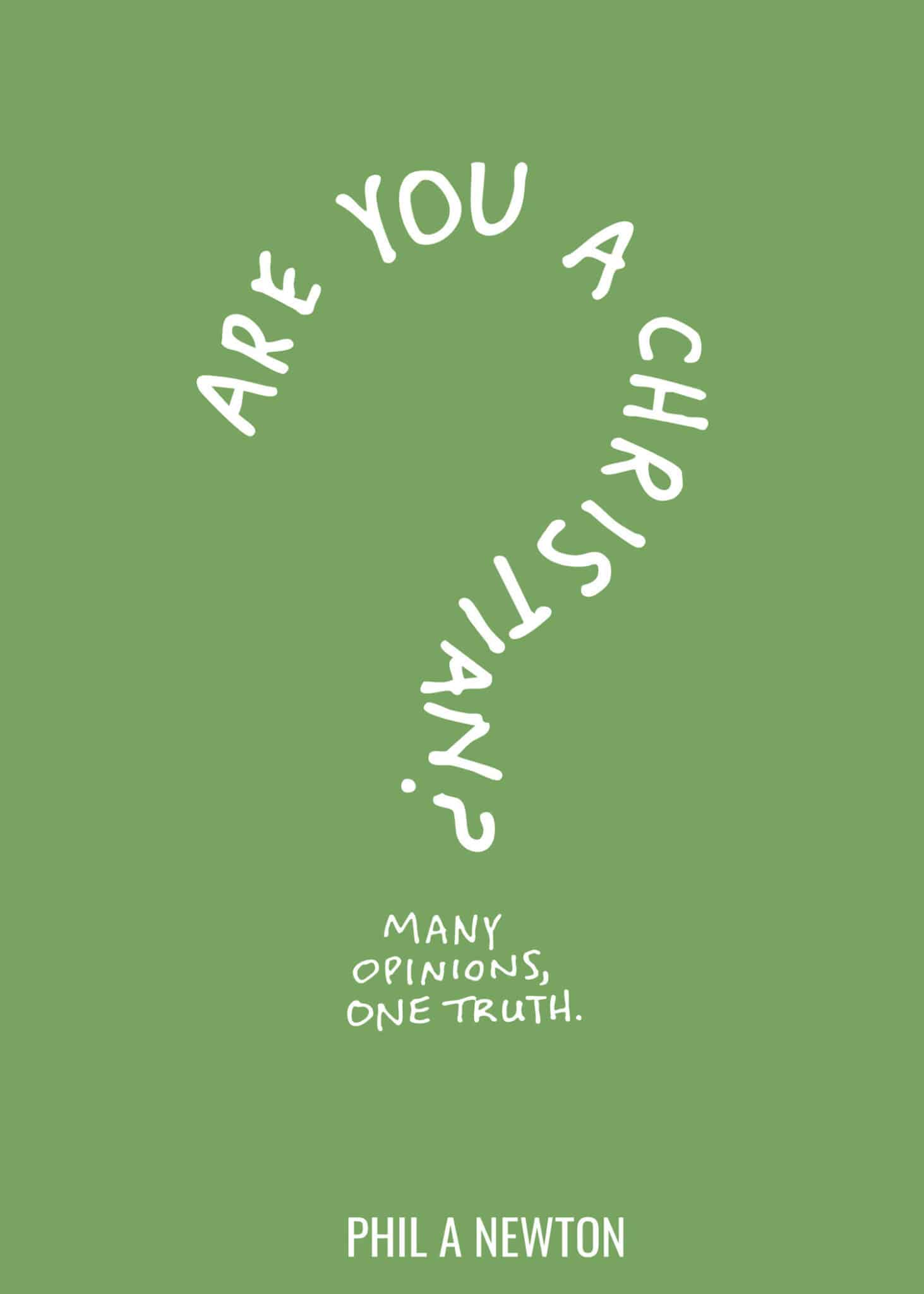Church members fumble through the gospel trying to find the right words to explain what they know to be true, but they can’t express it clearly. Unbelievers have heard about Christians but don’t know how to define them. Sincere believers doubt their salvation and spend anxious hours in turmoil searching for assurance. Family members are plagued with constant guilt over past sins that no pastor or friend can console. New believers feel lost soon after their conversion and wonder if that’s all there is to Christianity. Nominal Christians stumble when trials arise because they were never taught about the cross that they’re called to bear. And faithful Christians are told to share the gospel, but don’t know where to start.
What is the answer to all these experiences?
It’s the same answer that consoled John Bunyan’s soul when he was plagued with blasphemous thoughts toward God. It’s the same answer that changed C.S. Lewis’ cold heart to a warm fireplace. It’s the same answer that Paul and Silas gave to the desperate, trembling jailer who cried out with a loud voice, “Sirs, what must I do to be saved?” (Acts 16:29–30).
Their answer was, “Believe in the Lord Jesus, and you will be saved, you and your household” (Acts 16:31). The answer to Bunyan’s troubled mind, and Lewis’ skepticism, was the sufficiency of Jesus Christ in the gospel. It’s what J.D. Greear summarized as “Jesus in my place.” And Christ’s sufficiency continues to be the answer for every dead heart not yet awakened to Christ and every new heart that mistakenly seeks to rest in the law.
The gospel is the answer.
Phil Newton, a seasoned pastor and author, knows well the struggles of those who have no solid foundation on which to base their salvation. His own wife, Karen, dealt with her own seasons of doubt and turmoil over whether she was a Christian. And it was Galatians 4 that helped her see that she was trusting in herself instead of in Christ. She read about being a child of promise, and she was set free when she trusted in Christ instead of relying on herself. Newton said he could see that the countenance of his wife had changed and there was a sense of liberation.
What started as a booklet that Newton first wrote for a mission trip that he took to Jamaica back in the ’90s has now become a 56-page booklet entitled, Are You a Christian? Newton said it’s written to strengthen the faith of Christ followers and to help Christians have better assurance.
He said, “Because our assurance must always be rooted in the gospel. If we try to root it in something we do, then we’re soon going to undo what we’ve done.” He continued, “The gospel is always true and it’s always solid, so we can stand on the gospel.”
Newton said that when you ask if someone is a Christian, people often give a superficial answer and limp their way through how to become a Christian. He said, “I don’t want Christians to limp their way through that.” He continued, “They need to be able to say it with clarity, with precision.”
He also said Christians can use this as a tool to encourage unbelievers to think seriously about following Jesus — that it’s not just cool, but that there’s a cross that comes with it.
It’s written for the lost who don’t know Christ, and it’s written for the Christian who doesn’t know if they know Christ. It’s written for the church member who knows the gospel from a surface level but lacks gospel fluency. And it’s for the Christian who wants a helpful tool in discipleship. Newton said the book has more substance than a gospel tract, and it’s a booklet that anyone can walk through with a friend.
Newton said he’d be very satisfied if a reader walks away from the book with this one truth: “Jesus is enough, and more than enough, to bring me into a right relationship with God forever.”

